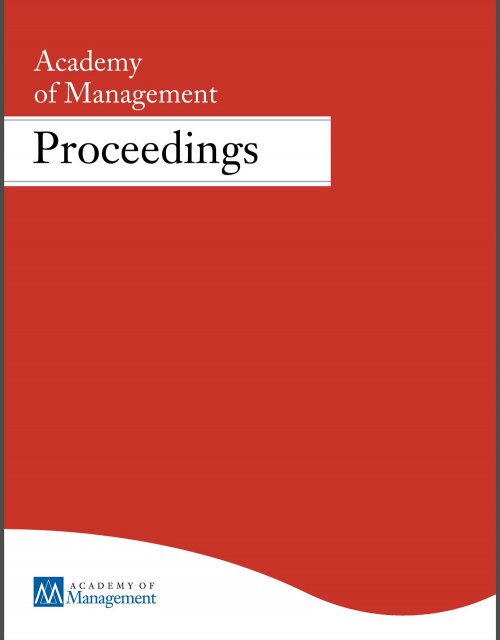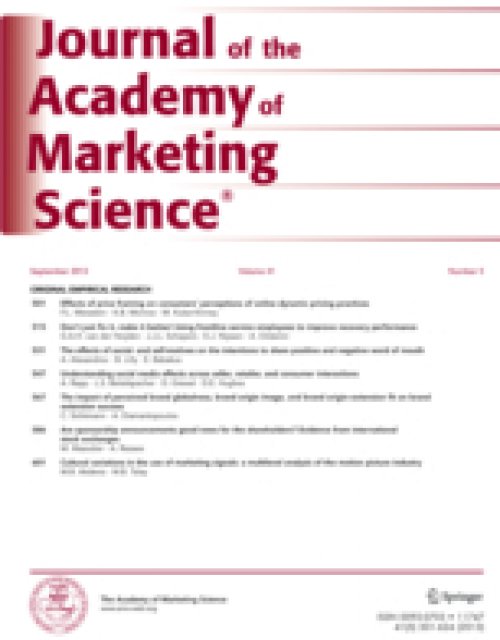Publication records
Subject(s)
Economics, politics and business environment
Keyword(s)
Strategic experimentation, Bayesian learning, cheap talk,
two-armed bandit, information externality
JEL Code(s)
C73, D83
We consider two players facing identical discrete-time bandit problems with a safe and a risky arm. In any period, the risky arm yields either a success or a failure, and the first success reveals the risky arm to dominate the safe one. When payoffs are public information, the ensuing free-rider problem is so severe that the equilibrium number of experiments is at most one plus the number of experiments that a single agent would perform. When payoffs are private information and players can communicate via cheap talk, the socially optimal symmetric experimentation profile can be supported as a perfect Bayesian equilibrium for sufficiently optimistic prior beliefs. These results generalize to more than two players whenever the success probability per period is not too high. In particular, this is the case when successes occur at the jump times of a Poisson process and the period length is sufficiently small.
With permission of Elsevier
Volume
159
Journal Pages
531–551
Subject(s)
Human resources management/organizational behavior
Secondary Title
The Cambridge handbook of meeting science
Pages
456–482
Subject(s)
Management sciences, decision sciences and quantitative methods
Keyword(s)
Management science, research
JEL Code(s)
M00
Journal Pages
96–97
Subject(s)
Marketing
Keyword(s)
Personal selling, customer relationships
JEL Code(s)
M310
Subject(s)
Economics, politics and business environment
Subject(s)
Management sciences, decision sciences and quantitative methods
Keyword(s)
Shapley value, potential, random partition, concentration of power
JEL Code(s)
C71
We provide new formulae for the potential of the Shapley value that use the multilinear extension of coalitional games with transferable utility.
With permission of Elsevier
Volume
135
Journal Pages
28–30
Subject(s)
Ethics and social responsibility; Marketing
Keyword(s)
business and management, marketing
Secondary Title
Handbook on ethics in marketing
Pages
220–237
ISBN
9781781003428
Subject(s)
Information technology and systems; Technology, R&D management
Winchester House in San Jose, California, was once the residence of Sarah Winchester, the widow of gun magnate William Winchester. This mansion is renowned for its size, its architectural curiosities, and its lack of any master building plan. It is, unfortunately, also a great analogy for how many organizations have constructed their IT systems.
ISSN (Print)
0017-8012
Subject(s)
Technology, R&D management
Keyword(s)
Crowdsourcing, innovation, search
Rejections are common in everyday life, yet their consequences for individual behavior remain little studied. We examine a situation in which organizations invite people outside their boundaries to provide suggestions for formal action. Organizations that receive such suggestions can choose to act upon them, ignore them, or even reject them. While rejections carry a cost (i.e., potentially alienating the suggestion-maker), they are also an important source for motivation and learning. We unite these opposing views and argue that rejections can under certain conditions increase effort; moreover, we document how people learn by changing their behavior when trying again.
With permission of the Academy of Management
Volume
2015
ISSN (Online)
2151-6561
ISSN (Print)
0065-0668
Subject(s)
Marketing
Keyword(s)
Customer inoculation, customer satisfaction, services marketing, service failure
Capitalizing on a large-scale field experimental dataset involving 1,254 airline customers, this study introduces customer inoculation as a new, proactive strategy for mitigating the negative consequences that service failures have on customer satisfaction. Results confirm that customer inoculation eases the decrease in satisfaction when customers experience a service failure. Additional analyses indicate that customer inoculation does not harm customer satisfaction if no service failure occurs. This finding sets inoculation apart from expectation management and underscores the potential inoculation has for marketing practice. Furthermore, contrary to traditional recovery strategies for addressing service failures, customer inoculation operates in advance of a service failure and thereby circumvents potential drawbacks of traditional strategies. In sum, customer inoculation represents a novel strategy for addressing service failures with respect to existing marketing literature and expands the scope of action for companies when they cannot avoid offering occasionally flawed services.
© Academy of Marketing Science 2014 With permission of Springer
Volume
43
Journal Pages
512–527

